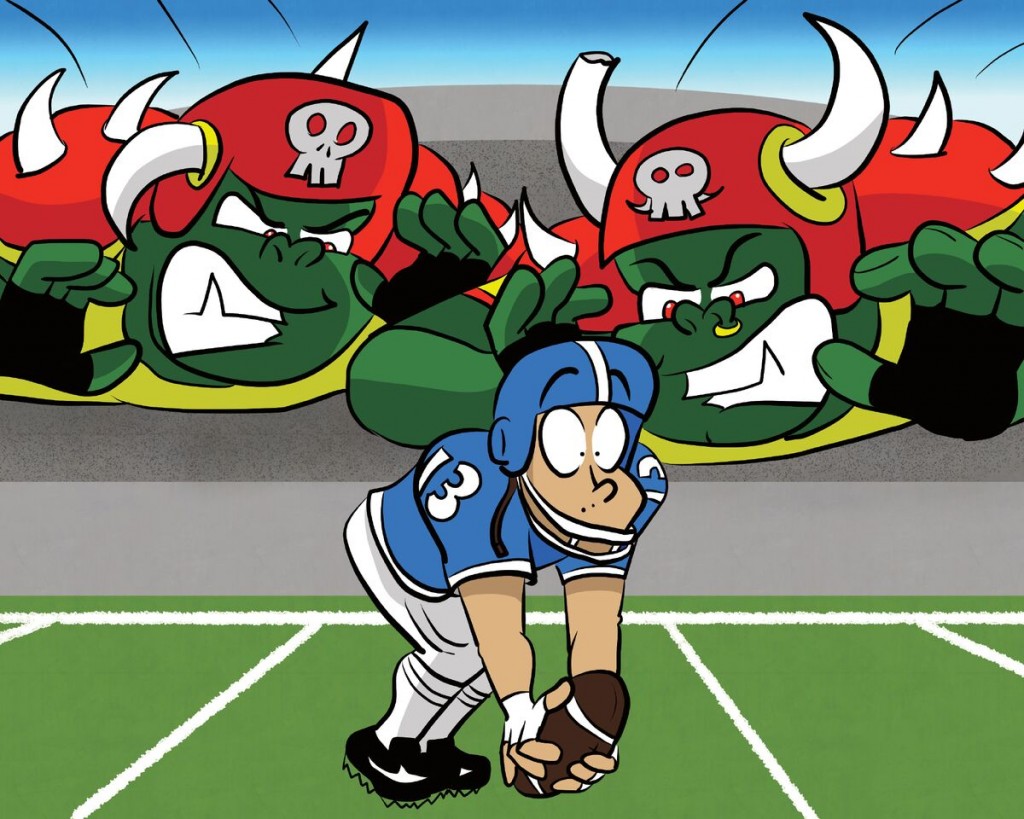
From superheroes to soap operas
By Adam Tatelman, Arts Editor
It’s not unusual to call yourself a comic fan, especially since comic heroes have become the biggest Hollywood properties in history. What is unusual is that, having been a comic fan for most of my own childhood, I am sick to death of Hollywood comic book films. Perhaps that seems as absurd as a Roy Rogers fan getting sick of ’50s John Wayne westerns, but hey—at least westerns could tell a self-contained story.
Perhaps that’s unfair. We’ve had plenty of good comic films, especially when the X-Men and Spider-Man movies hit their stride, or when then-unknown Iron Man claimed the spotlight for the first time. Those movies were made for the purpose of franchising, but they did not sacrifice their own narratives for the sake of promoting future films. In a post-Avengers world, that’s exclusively what each of these films do, since the only remaining goal is to repeat the crossover formula ad nauseum.
Marvel Studios has films planned all the way into 2020, and they’re really scraping the bottom of the barrel when it comes to recognizable characters. I know who Doctor Strange is, for instance, but I don’t know anyone who’s dying to see his on-screen debut. So it isn’t Avengers 3 that will benefit from Doctor Strange’s addition to the Marvel Universe, but rather Strange’s movie that will benefit from the assumption that its plot is essential setup for Avengers 3.
Spoiler alert: It’s not.
Comic book movies are not made for comic book fans. The numbers make that clear. In July of 2016, DC comics’ number one hot property was the new Justice League series, selling an earnest 209,187 copies for $2.99 apiece. That’s $625,469 total.
Compare Batman v Superman: Dawn of Justice’s opening weekend. The film cost $250 million to make, and grossed $422.5 million worldwide on its opening weekend. Despite its steep box office decline in the following weeks, the film still made a total of $872.7 million dollars. Compare the annual operating budget of Douglas College; an anemic $126.3 million to run both campuses, $42.7 million of which comes from student tuition. Perhaps that tells us where our society’s interests lie.
WB Studios didn’t get those fat stacks from the comic fans who complained bitterly about Batman v Superman. The general population is the main consumer for these movies, and that’s the only reason they get made at the rate they do. That’s not a bad thing for Marvel and DC; thanks to the movies, more people like these characters than ever before. Therefore, script writers fill the movies with pandering comic references and Stan Lee cameos, not because this maintains the total viewership, but because it secures comic fans as a faithful niche audience.
So, comic book films have nothing to thank the source material for. In fact, without the media attention the films provide, comic books might have lost their readership entirely over the last two decades. Marvel Comics went bankrupt in the ’90s when fans lost interest en masse after the death of the newsstand market. The only thing that saved them was leasing their IP’s movie rights to studios like Fox. DC Comics was already safe under the Time Warner umbrella, having long since broken into the world of film with Superman in 1978.
Between their lowest common denominator focus, massive budgets, and incessant, plot-mangling cross-promotion, it is hard to see these films as anything other than two-hour commercials for other two hour commercials for tired crossover films. I, for one, have grown tired of these billions-grossing Hollywood soap operas. The only reason I give a fluid ounce of shit is because there is practically nothing else to watch, and won’t be for a good long while.
Guess I’ll see you all at Guardians of the Galaxy, Vol. 2.

